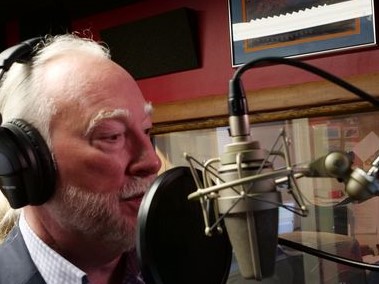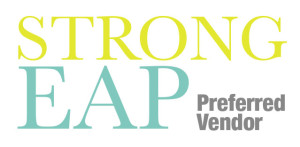What are the steps involved in divorce mediation?
In the first session, the mediation process is explained and any questions will be explored and answered. The following session’s concerns will be discussed and decisions will be made by the couple regarding issues such as division of property, parenting arrangements, child support and other financial issues. Step by step the parties will make decisions about how they want the future to be and come up with an agreement called a Memorandum of Understanding (MOU). The process always considers the needs of all family members. Once the parties have reached agreements on the issues and the MOU is drafted, they are advised to consult individual attorneys for review.
The steps involved in other forms of mediation (family, marital, domestic partnerships) are similar. It is a step by step process that identifies specific issues and mutually agreed on solutions. Mediation takes place in a private, comfortable office.
How much does Mediation cost?
The cost for mediation is charged on an hourly basis. Fees are on a sliding scale and are based on the clients combined income. Parties can decide how they will pay for the mediation, some people split the cost or make other arrangements. Payment is paid per session, as you go. The cost for divorce mediation, including the cost of attorney review, is much less than the cost of a litigated divorce. Why pay two attorneys when you can pay one mediator? Avoid a costly litigated divorce and keep your money for your children and your future.
Who benefits from mediation?
Everyone can benefit from mediation. Less conflict leads to less stress and less emotional upset. Relationships can be redefined through mutual agreement, cooperation and positive communication.
Who can use mediation?
Mediation can work for most clients that have a positive focus on their future and consider the needs of the whole family unit. Even high conflict couples can work out agreements through mediation. You must be willing to negotiate in good faith and speak freely and pointedly. Whether its two people in a relationship, or a family with children, mediation can work. Mediation is not about who wins and loses. It’s about preserving a newly structured family/relationship for the benefit of everyone involved.
How long does mediation take?
Sessions will last from 1-2 hours and normally takes 3-4 sessions to get through the steps, depending on specific situations. The mediation process is determined by the parties involved, unlike the court process which can drag on indefinitely. Mediation is personal and unique. Every situation and family is different. You can take the time you need to discuss what’s important to your situation. It is family and children centered and focused.
What is the role of the mediator?
The mediator guides the mediation process. The decisions are made by the clients. The mediator makes sure all opinions are heard and that there is a good balance of power in the process between the clients. The mediator remains neutral throughout the process and makes referrals to other professionals when needed. The mediator works with people and guides them to cooperation and collaboration even when people may get “stuck” on a difficult issue. The mediator ensures that all vital issues are covered within the process and allows the expression of emotions/anxieties in a safe environment to aid the clients in recognizing issues and reaching mutually acceptable solutions.
Does mediation help when children are involved?
If you have children, mediation is the best solution. Mediation is pro-child as well as pro-family. Mediation can help with child specific issues such as different values/living environments in each parental home, dealing with “loyalty” between parents, feeling like a go between and emotional ups and downs due to separation issues. Mediation can provide you with the tools and resources to help you with a post separation/divorce parenting plan. You won’t feel like you are parenting alone. The mediator may meet with the children as well so their opinions and their feelings are considered.
Why should you use mediation?
Because it works. When people disagree and have conflict and need to make a change, it doesn’t need to be a war to resolve your issues. Mediation is about cooperation, communication, empowerment and future orientation so you can move on in a more positive way. Mediation recognizes that the relationship is in transition. Mediation focuses on the here and now and where you need to go in the future. The process avoids expensive, time consuming legal games and concentrates on moving forward with mutual respect.
Not using mediation can be costly in many ways, financially and emotionally. Mediation is proactive and smart. You will be in control of your own outcomes, rather than attorney’s or a judge making the decisions for you.
Families/Relationships can survive conflict and divorce. The definition of your relationship or family may change, but a new structure can form that will have positive and lasting results where the parties communicate and cooperate. The future tone you set for your family can be determined within the mediation process. You have the power to make it the best you can for now and the future, especially when there are children involved. It’s about being the best parent and person you can be, even though your current relationship is ending.





